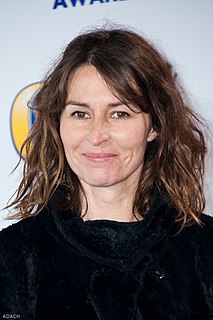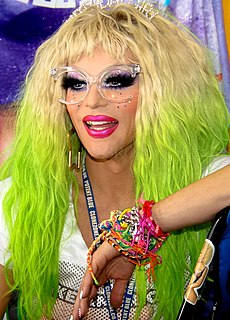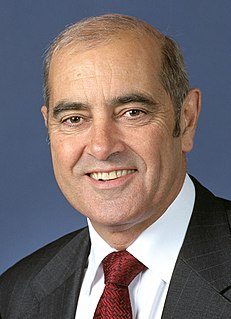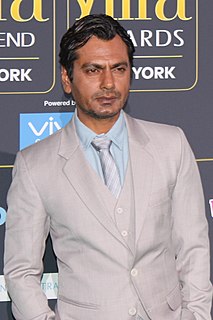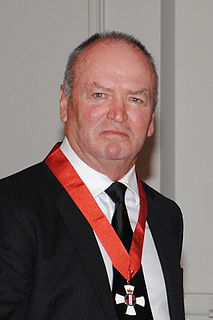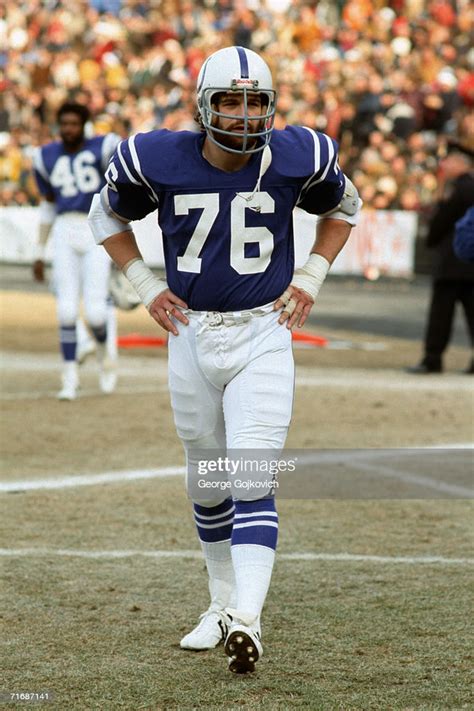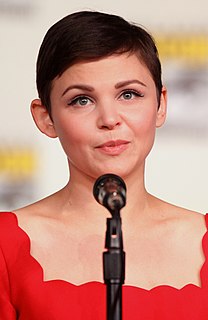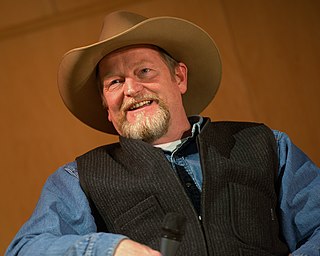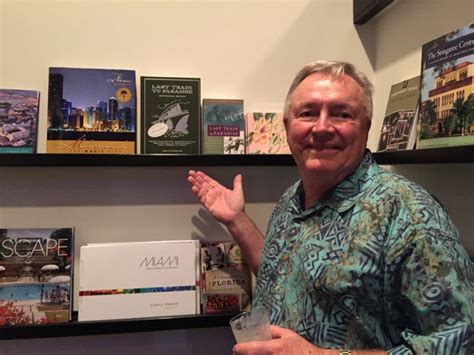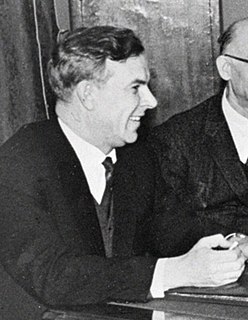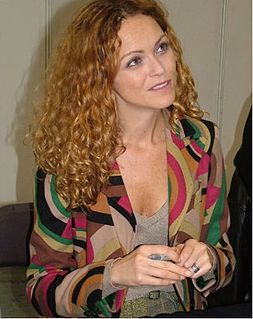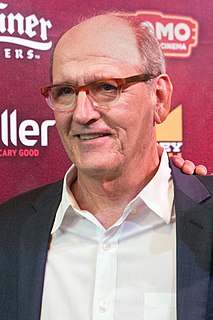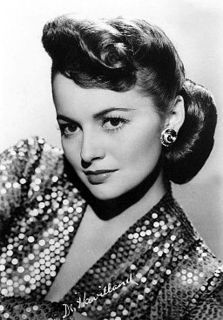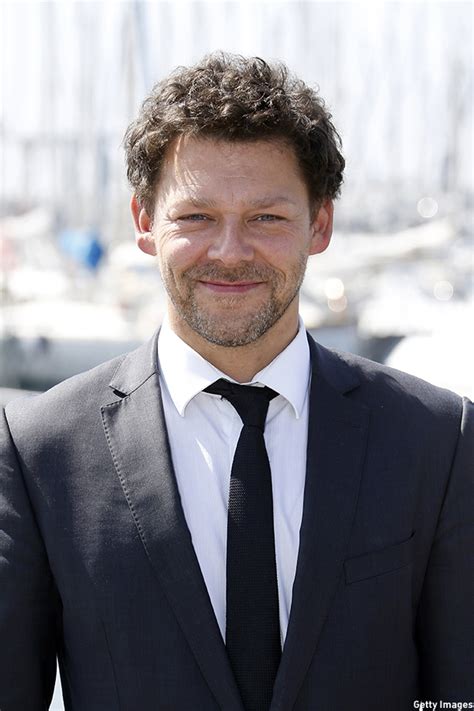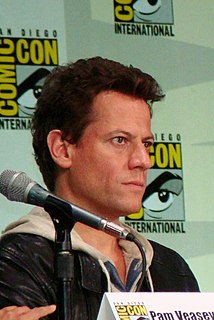Top 1200 Character Of A Person Quotes & Sayings - Page 3
Explore popular Character Of A Person quotes.
Last updated on April 20, 2025.
As a director, what matters is how you penetrate the soul of the person in front of the camera and let the actor blur the boundaries between the character and the person themselves. In order to achieve that, I try to make people feel at ease, to be mindless of problems and be skinless and give everything to the camera.
I don't write a whole lot about one person that exists in reality; it's usually characteristics of different people that I combine into a character. I tend to think through and try and make characters behave in a natural way. I follow the character and think about what they would do, what decisions they would make.
There are a couple of strategies for writing about an absence or writing about a loss. One can create the person that was lost, develop the character of the fiancee. There's another strategy that one can employ, maybe riskier... Make the reader suffer the loss of the character in a more literal way.
The old fashioned family physician and general practitioner ... was a splendid figure and useful person in his day; but he was badly trained, he was often ignorant, he made many mistakes, for one cannot by force of character and geniality of person make a diagnosis of appendicitis, or recognize streptococcus infection.
The first thing that happens is the cleansing of the former character. I don't think a lot of actors talk about it, but there is usually a process where you essentially purge yourself of the character played prior to the movie. Then you want to think about what the character represents, and you write down all of the elements about this character and then take the time to find some synchronicity and start breathing the character.
There is a stage you reach, Deagle thinks, a time somewhere in early middle age, when your past ceases to be about yourself. Your connection to your former life is like a dream or delirium, and that person who you once were is merely a fond acquaintance, or a beloved character from a storybook. This is how memory becomes nostalgia. They are two very different things - the same way that a person is different from a photograph of a person.
I find that’s one of the great things about acting-you have the opportunity to stand in somebody else’s shoes. Each character faces a dilemma in her life, and as an actor you’re able to step into that character’s skin, look through her eyes. You leave transformed, a different person, because once you live a little bit of someone’s life, it changes you.
One of the great myths in America is that sports build character. They can and they should. Indeed, sports may be the perfect venue in which to build character. But sports don't build character unless a coach possesses character and intentionally teaches it. Sports can team with ethics and character and spirituality; virtuous coaching can integrate the body with the heart, the mind, and the soul.
I'm a better person in a relationship, and I'm a happier person. I need to come home at the end of the day and have it not be about me and my freaking hair and makeup and character motivations anymore. And I think my work is more inspired when home is safe and sound and solid, because what I do for a living is so bananas and so insecure.
If there's a character type I despise, it's the all-capable, all-knowing, physically perfect protagonist. My idea of hell would be to be trapped in a four-hundred page, first-person, first-tense, running monologue with a character like that. I think writers who produce characters along those lines should graduate from high school and move on.
If the character should be nude in the scene and it makes sense and I trust the person making the film then I don't see a problem with it. I certainly don't want to be involved in anything that is gratuitous, but I don't think the human body is something to be ashamed of. Every other person on the planet has the same parts as I do.
I’m a better person in a relationship, and I’m a happier person. I need to come home at the end of the day and have it not be about me and my freaking hair and makeup and character motivations anymore. And I think my work is more inspired when home is safe and sound and solid, because what I do for a living is so bananas and so insecure.
I think you should identify with your character, but plenty of people like themselves and hate themselves. You just have to find out what's truthful for the person you're playing. When people talk about that, I think what they're saying is that as an actor, as Peter, you don't want to make a judgment that comes from your worldview about the character. Your judgments should be coming from the place of the character, and within that space, sure, you could love or hate yourself or whatever you think is most appropriate.
Never open your story with a character thinking, I advise my students. As a further precaution, don’t put a character in a room alone – create a friend, a bystander, a genie, for God’s sake, any sentient creature with whom your main character can converse, perhaps argue or, better yet, engage in some action. If a person is out and doing, it’s more likely that something interesting might happen to her or him. Shut up in a room with only his thoughts for company well, that way lies fictional disaster.
I believe that they were brave people. One should be of courageous character to do what they had done, not only this, one should be a person of strong character and bravery - not ordinary people. That what I would call them. It's not like some petty official or something that decided to defect to the other side. For them it was a very serious moment.
Every so often when I'm writing, a character might actually be a distinct person in my head - often not an actor or a face, literally a person who just seems to exist in my imagination. Then the challenge is finding somebody who is close enough to that to make me feel like I've ended up where I wanted to be.
A woman can be demure, lady-like and the most prim and proper character, and still have a toughness and resiliency as apparent as a superhero-type female character or a warrior or soldier type. It's all about the story, the character, and the course of events in that piece of work and how that character is presented.
In the biographical novel, there's only one person involved. I, the author, spend two to five years becoming the main character. I do that so by the time you get to the bottom of Page 2 or 3, you forget your name, where you live, your profession and the year it is. You become the main character of the book. You live the book.
You are playing a character obviously, and everything you are saying is filtered through that person. It is not you that is saying it. It is filtered through a character that doesn’t have your own set of values - so it is not really odd. Inevitably we help each other with a lot of line-learning. Plus there is a familiarity which is quite nice. We have done TV together before.
When I'm writing, I try to have the mask of my character on as I'm walking through the world. When I'm not at my desk, the rest of the time, I try to stay in that character and see the world the way that character would It's almost like method acting in a way — keeping the character close the way the actor keeps a script close and always tries to be in character.
What a person says and does in ordinary moments when when no one is looking reveals more about true character than grand actions taken while in the spotlight. Our true character is revealed by normal, consistent, everyday attitudes and behavior, not by self-conscious words or deeds or rare acts of moral courage.
I think every role you take on, you should take on the responsibility of doing the best representation of that person or that character or that role. When it is a human being that has actually existed, and it is a person that people know of, yeah, you feel an even more amount of pressure to do a good job.
I never like to judge the character. I just have to leave my feelings of pity, or fear, about a character - whatever I feel towards the character, I try to leave to one side. It's good to have them, but it doesn't help me. I can't act those things. I just to play the character as truthfully as I can.
The question I ask myself when adapting a book is how do I be true to the spirit and soul of the character? How would I describe this character in my medium? If you asked one person to do a painting of something and another to create a sculpture of it, you'll never ask, 'Why doesn't the painting look like the sculpture?'
It's really an organic sort of process. You start off with the character on the page. You fall in love with that character and you have to represent that character well and I think it's just an evolution there. Using the accent and speaking the lines with the accent in fact opens the door to who the character really is.

